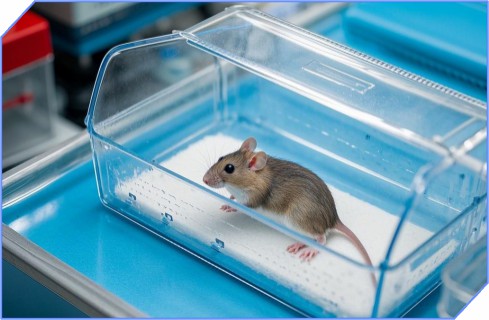- Home
- Solutions
- By Diseases
- Autoimmune Ophthalmic Diseases
- Bechet's Disease

The typical course of Behcet's disease is relapsing-remitting and entails significant morbidity and mortality, particularly in cases with ocular, vascular, and neurological involvement. Protheragen provides the full spectrum of services required to assist in the advancement of novel diagnostics and therapeutics for Behcet's disease.
Bechet's disease (BD) is an uncommon chronic multisystemic disease with prolonged inflammation, characterized by repeatedly occurring skin lesions at both the mouth and genitals along with major organ systems' involvement like eyes, the central nervous system (CNS), blood vessels, and the gastrointestinal (GI) tract. Young adults are more likely to be affected, with a greater incidence in males. BD has a unique geographical distribution, being more frequent in areas along the ancient Silk Road such as the Mediterranean basin, Middle East, and East Asia.
 Fig.1 Pathophysiology of Behcet's disease. (Nguyen A., et al., 2021)
Fig.1 Pathophysiology of Behcet's disease. (Nguyen A., et al., 2021)
Femoral Vein Wall Thickness Measurement
Recent studies have indicated that CFV (common femoral vein) thickening observed with Doppler ultrasonography presents a promising diagnostic option. There is sensitivity and specificity above 80% for this method at a cutoff of 0.5 mm. Given its non-invasive nature and cost effectiveness, it remains a viable diagnostic method for BD.
Genetic and Molecular Markers
Current research aims at discovering genetic and molecular markers that would assist in diagnosing BD. The diagnosis of BD might be aided by the association with HLA-B51 and other identified loci from previous genome-wide association studies.
At Protheragen, we offer comprehensive services for the development of diagnostics and therapeutics for Bechet's Disease. Our state-of-the-art facilities and experienced team of scientists are dedicated to advancing the understanding and therapeutic development of this complex disorder. We provide a range of services, including:



Protheragen's preclinical research services for Bechet's disease are designed to accelerate the development of novel diagnostics and therapeutics. If you are interested in our services, please feel free to contact us.
References
All of our services and products are intended for preclinical research use only and cannot be used to diagnose, treat or manage patients.